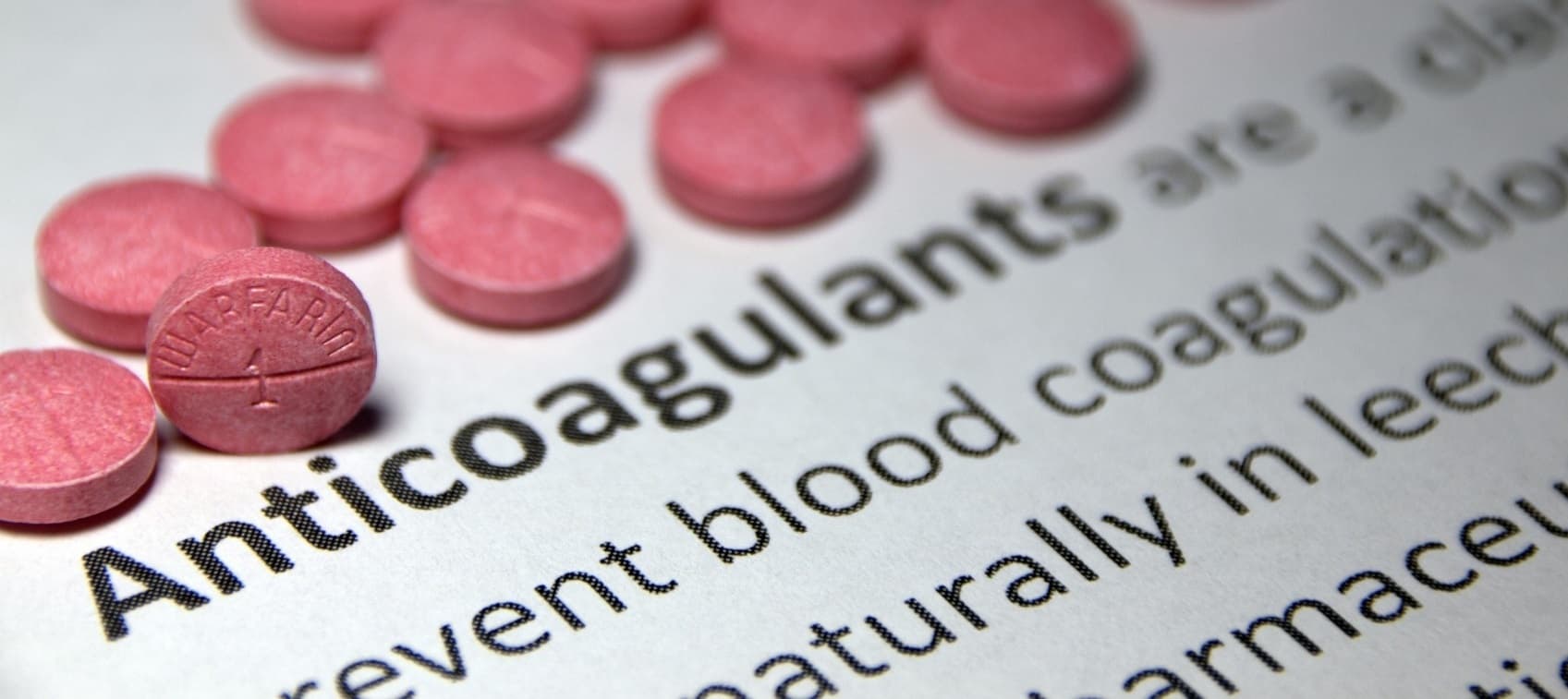
I'm taking a prescription blood thinner. Do I need to continue taking it for the rest of my life?
It seems like "Can I stop taking prescription blood thinners?" is the one question I get asked everywhere I go.
My answer is always the same. If you have a prosthetic heart valve or atrial fibrillation with a leaky valve or enlarged left atrium, you must continue your prescription blood thinner. There is no adequate blood-thinning substitute if you have those conditions.
Atrial fibrillation, or A-fib, is the main reason prescription blood thinners are prescribed. In patients with normal heart rhythm, the upper chambers of the heart contract in unison in response to a signal from the sinus node.
In patients with A-fib, however, this response is overpowered by electrical signals scattered throughout the atria, and instead of contracting, the heart vibrates rapidly. Millions of people are affected by the condition, which raises the risk of blood clots and, therefore, requires blood thinners.
The only exceptions to that rule are patients who have "lone" A-fib. That means you have atrial fibrillation but with normal valve function and heart size. Because these patients are at lower risk for a blood clot, they are good candidates for natural blood thinners such as fish oil (2 g daily) and nattokinase (100 mg daily).
There are also newer blood thinners that have emerged over the years that help to prevent blood clotting with atrial fibrillation, including Pradaxa, Xarelto, and Eliquis, to name a few. Physicians will usually select a blood thinner based on what's needed to suit the specific health needs of the patient.


